Uzbekistan 2030 strategy aims for cleaner air with traffic restrictions in major cities
In the capital and other cities, movement of vehicles below the Euro-5 standard will be restricted.
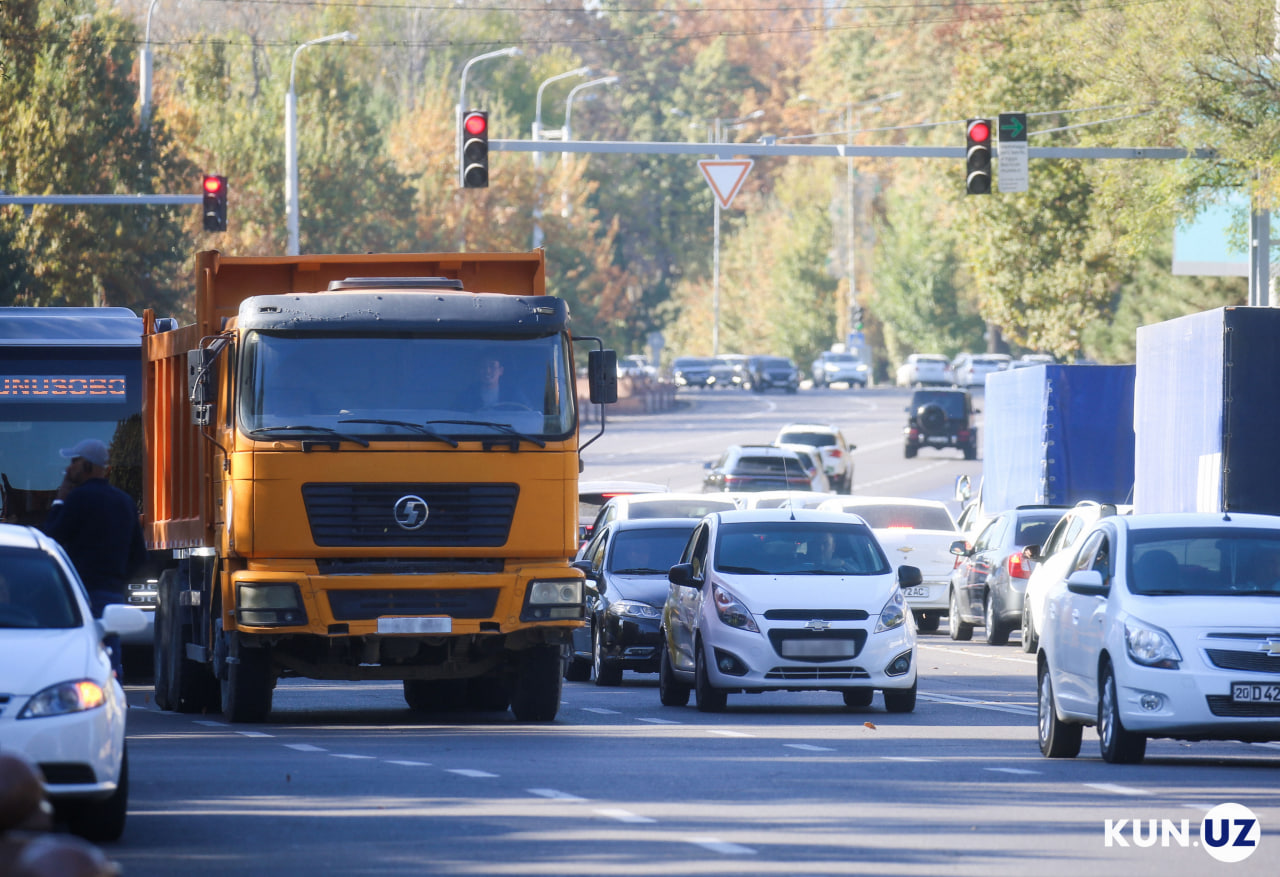
Фото: Kun.uz
As it was previously reported, Shavkat Mirziyoyev approved the state program for the implementation of the "Uzbekistan-2030" strategy.
The document outlines measures to combat dust storms and mitigate their effects. From March 1, it is instructed to begin implementing systems to alert about excessive fine particulate matter in the atmospheric air.
A task has been set to introduce requirements to prevent the raising of dust and sand at large construction sites (from 500 sq. meters and more). Builders will also be required to take anti-dust measures for the approaches to constructions.
Regular information on preventive measures for people with high sensitivity to air pollution will be organized. Special attention will be given to citizens suffering from cardiovascular and respiratory diseases.
Additionally, to protect air quality, it is planned to prohibit the movement of trucks in Tashkent with a maximum gross weight of more than 10 tons (N2, N3, O4), with exceptions made for transport of the Armed Forces and municipal services.
By 2030, a phased task has been set to limit the operation of vehicles with an ecological standard below Euro-5 in Tashkent, Nukus, and regional centers.
Furthermore, Tashkent will host a monthly "Car-Free Day" event aimed at reducing the use of personal vehicles in favor of public transport to decrease exhaust emissions.
Related News
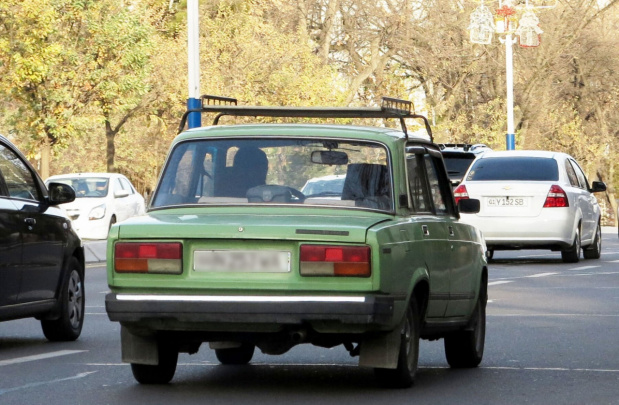
15:19 / 22.01.2026
Uzbekistan to ban use of cars older than 50 years from February 1
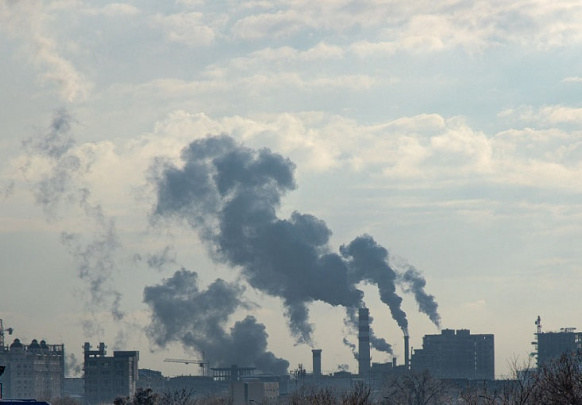
14:33 / 19.01.2026
Tashkent to relocate 87 polluting industrial facilities outside the city
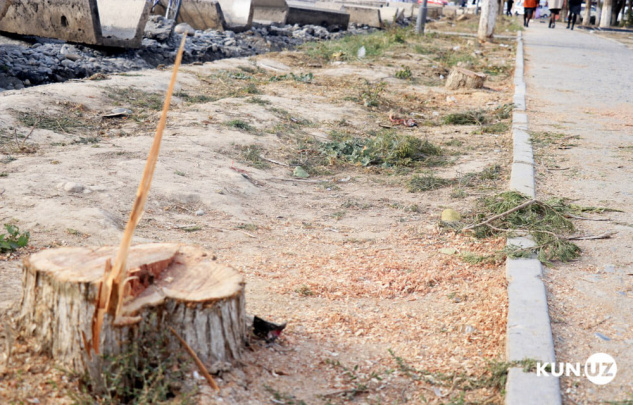
14:31 / 13.01.2026
Uzbekistan tightens penalties for environmental violations and illegal tree cutting
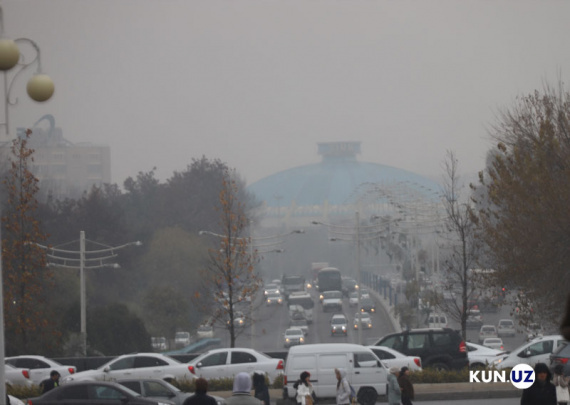
15:31 / 08.01.2026




